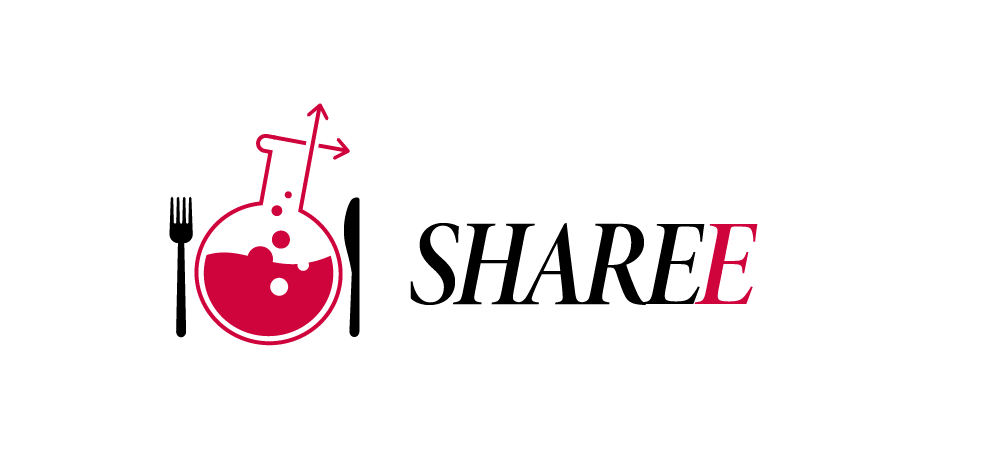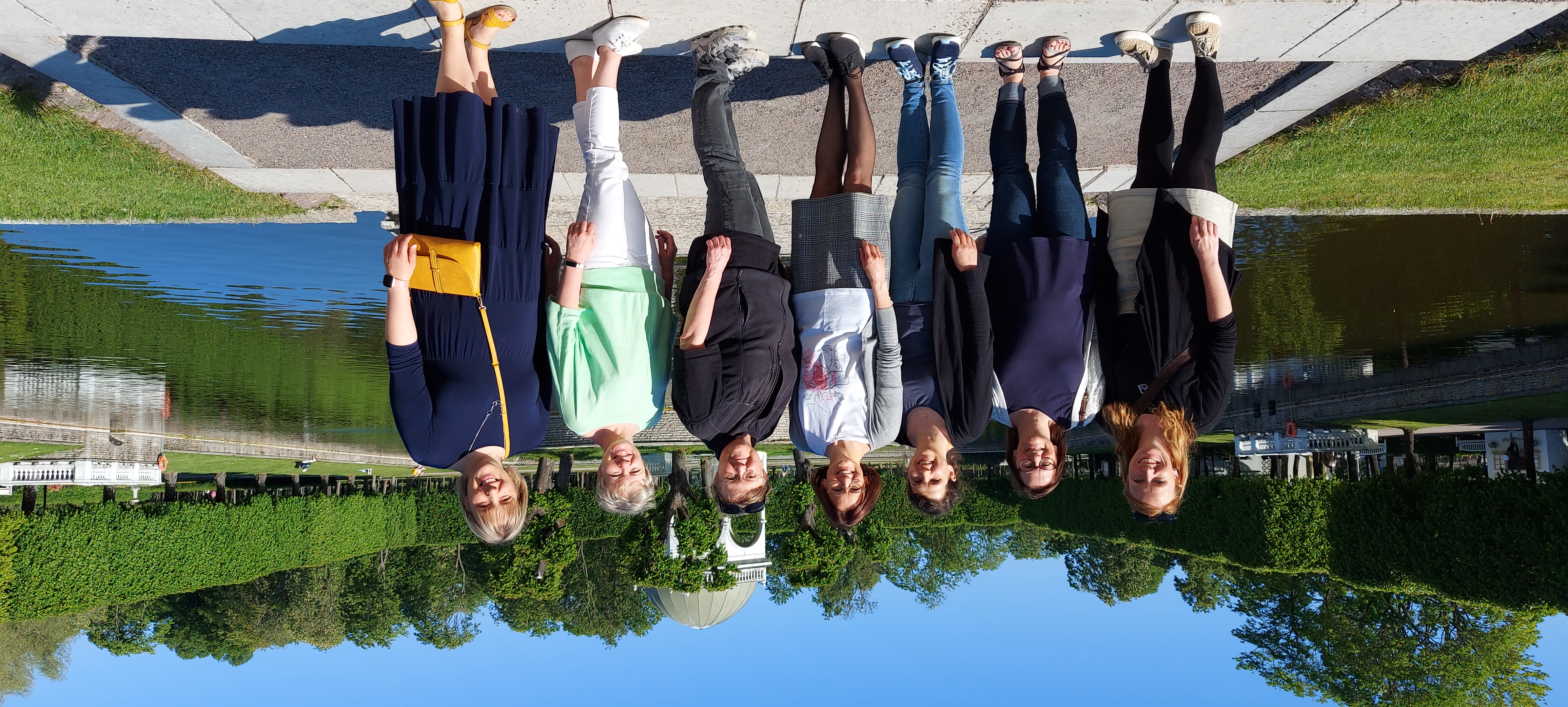Projects
STEAMKitchen
STEAMKitchen (Bridging STEAM practices and home economics in teacher education - 03.2024 - 02.2026) project homepage.
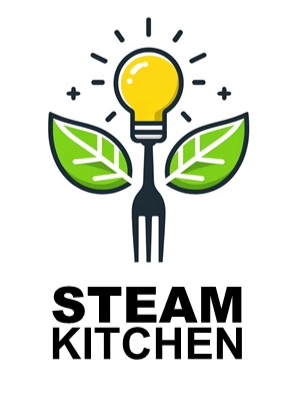
FENN
Science kitchen belongs to the FENN (Food Education Network North) cooperation network of the Nordic and Baltic countries. As part of the Nordplus higher education program, the network will create a common food education focused community that would enable coordinated field development aimed at the latest research and development activities. The partners of the network combine their knowledge on interdisciplinary teaching, the development of elementary school curricula, the creation of teaching materials and the support of higher education with integrated subjects.
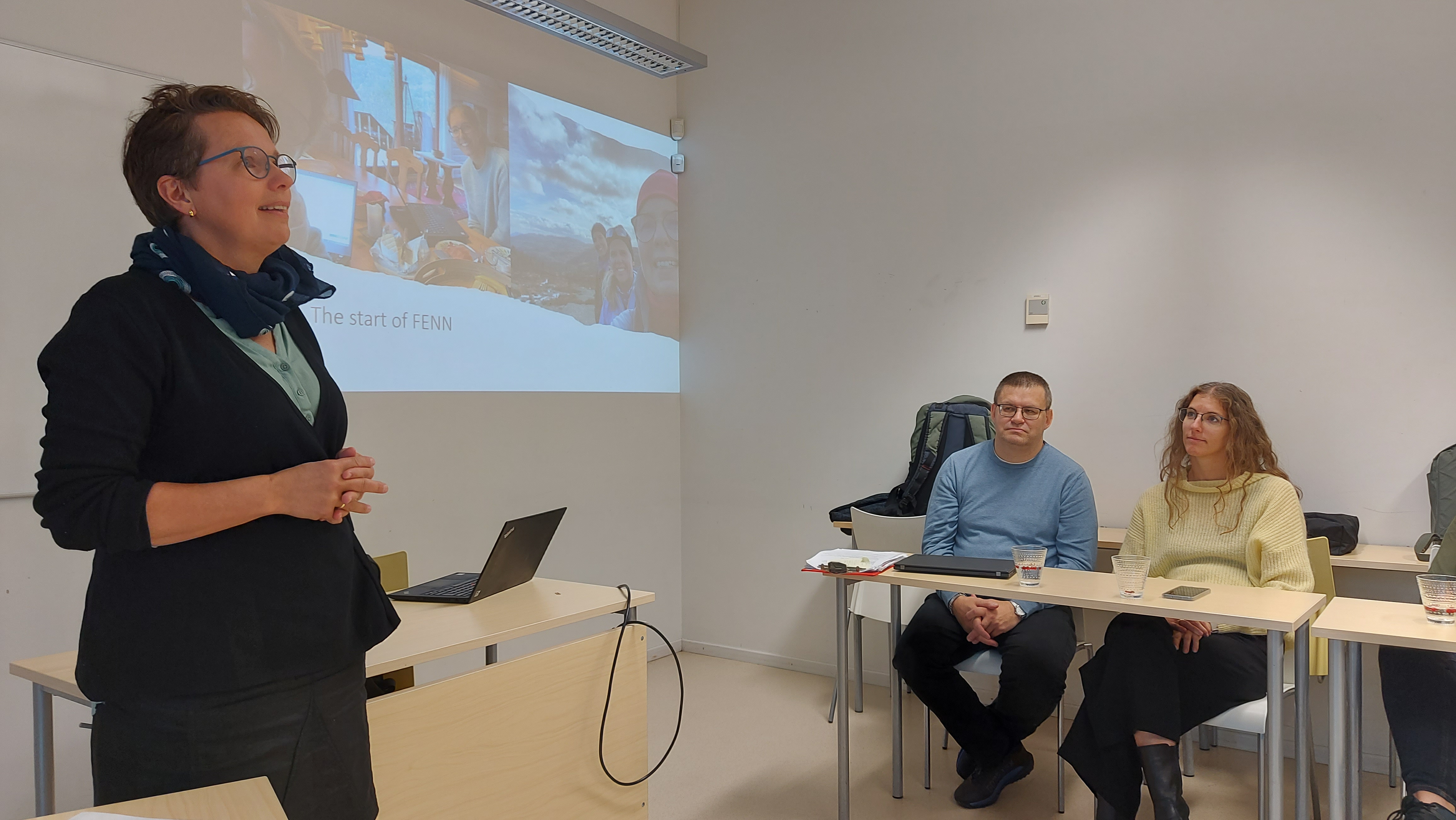
TID
TID (Tuleviku insener-disainer/Future insener-designers) is a study program on climate change for high school students. During the program, young people get to experience different professions (engineer, natural scientist and designer), what are their working principles and how these professions complement each other. In the program, Tallinn University, Tallinn University of Technology and the Estonian Academy of Arts combine the knowledge and skills of different fields. The program is open to young people for whom the curricula of general education schools do not offer enough challenges. The program is supported by the Ministry of Education and Research. Read more about the program: https://taltech.ee/tehnologiakool/tuleviku-insener-disainer
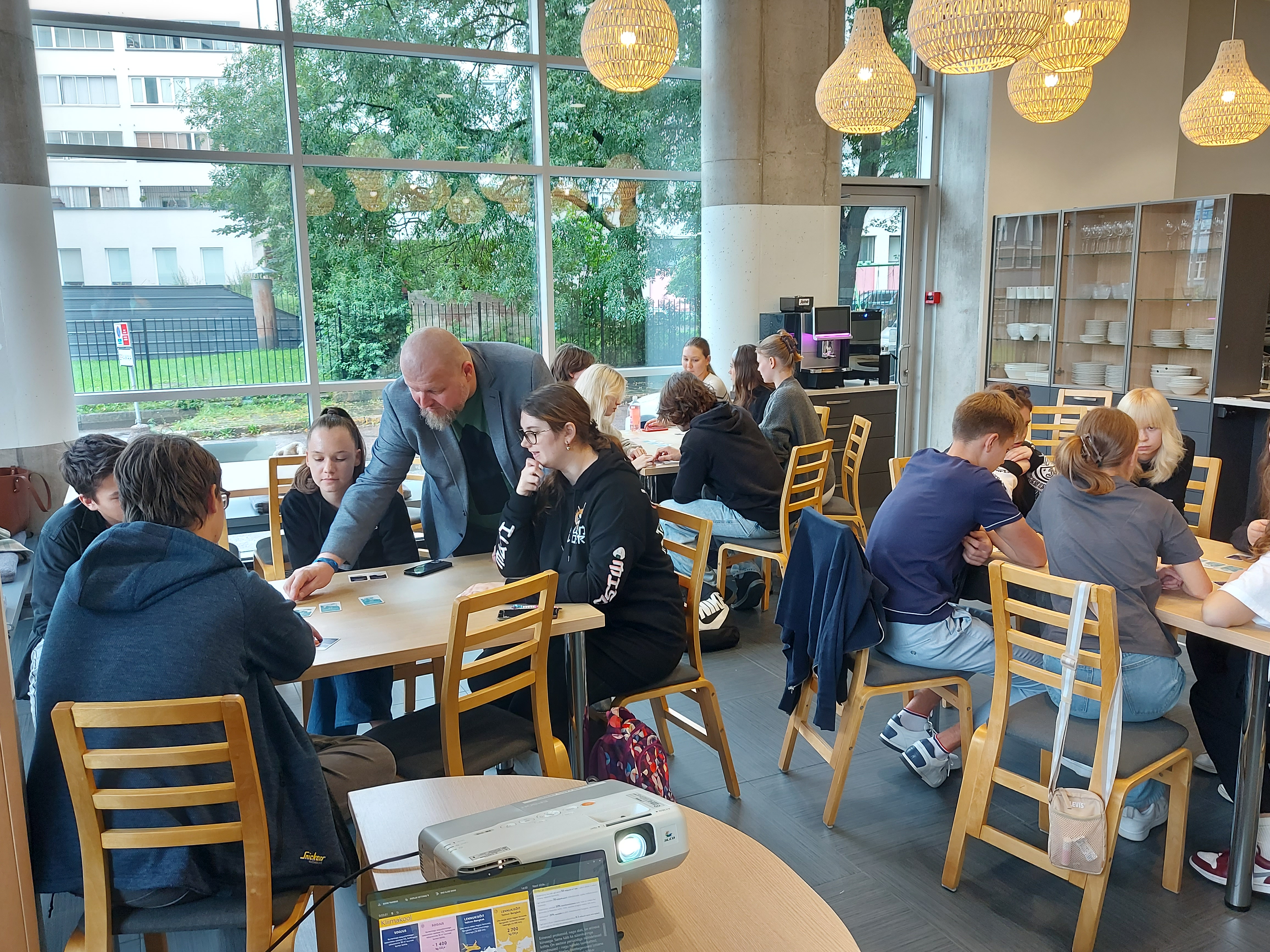
Geopark of North-West Estonia
On the order of Lääne-Harju Koostöökogu, Tallinn University's KEKO cluster creates a geopark strategy for North-West Estonia. Based on the available data and fieldwork results, the most important geological natural monuments, natural cultural values, ecosystem services and geofood of the region are mapped. Telling the story of North-West Estonia is also approached through local lore and legends, as well as valuing and highlighting local food and customs. As a result, the strategy of the Geopark of North-West Estonia until 2031 will be presented.
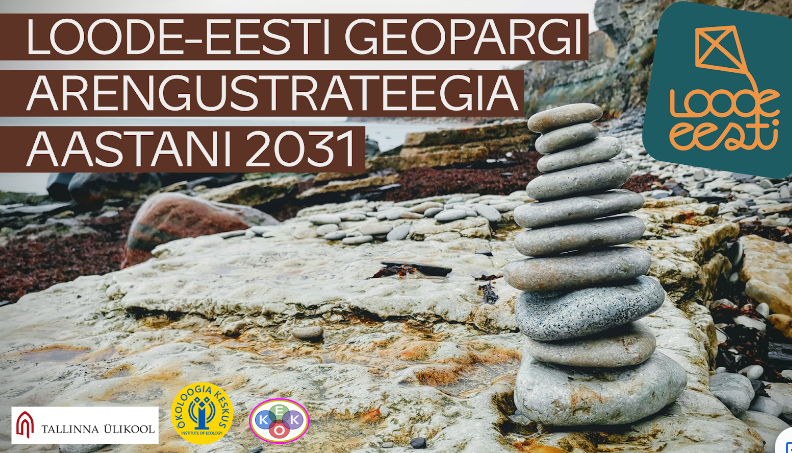
_7_1.png)

